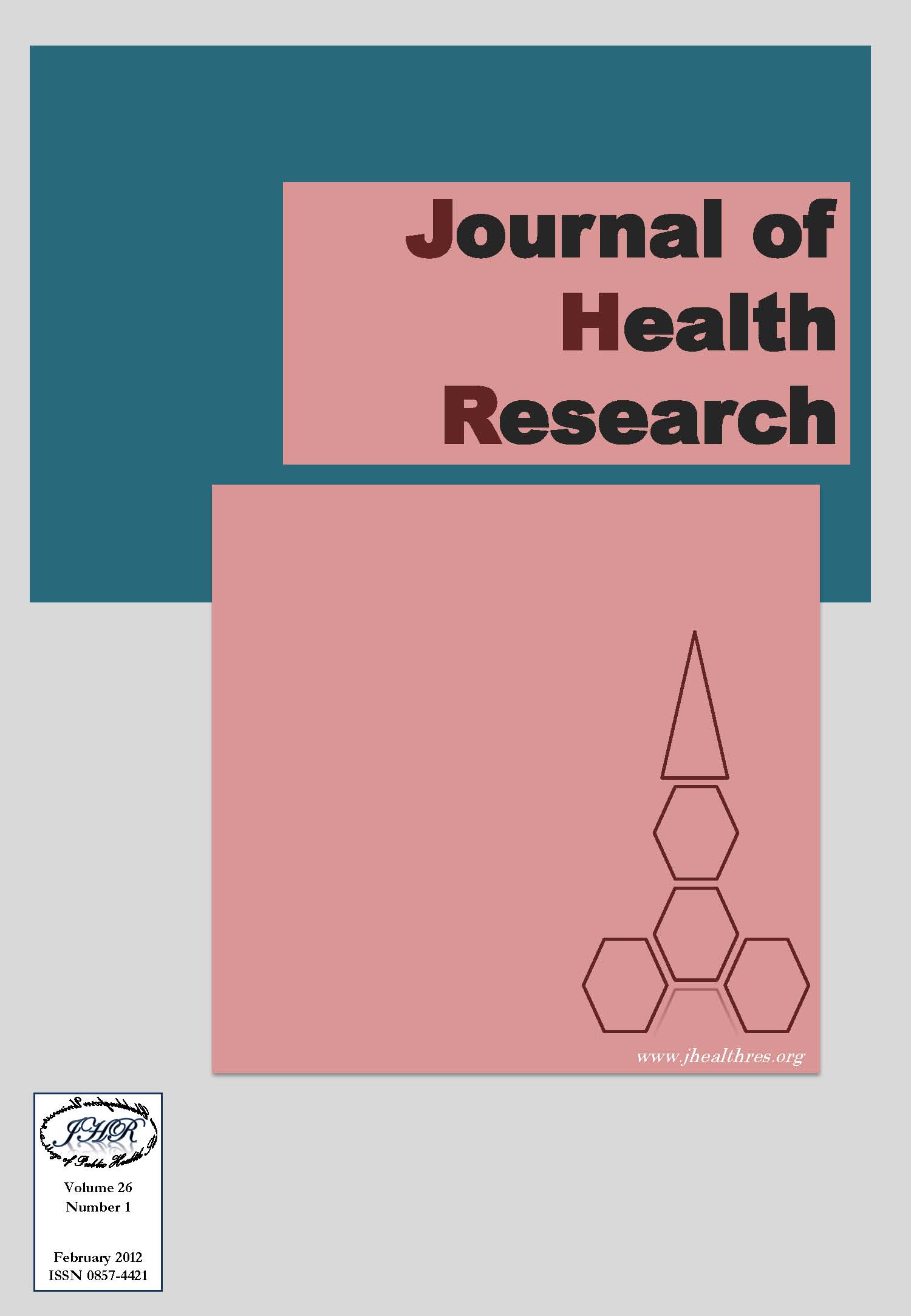Health-Related Quality of Life of Thai Chronic Liver Disease Patients
Keywords:
Health-related quality of life, Short Form-36 (Thai), Chronic Liver Disease Questionnaire (Thai)Abstract
Chronic liver disease (CLD) is increasingly recognized as affecting patients’ well-being. Health-related quality of life (HRQOL) measurements have gained attention as important functional outcomes in CLD. The objective of this study was to assess HRQOL of Thai CLD patients. Data were collected from a convenient sample of 85 CLD patients who visited the gastrointestinal clinic at Naresuan University Hospital between November 2008 and December 2009 by means of face-to-face interviews. SF-36 (Thai) and CLDQ (Thai) were employed to assess patients’ HRQOL. Questions soliciting patients’ demographic information were also included. Data were analyzed by descriptive statistics. An independent samples t-test was utilized to compare HRQOL between CLD patients and the normal population. The level of significance was set at 0.05. The results indicated that, according to SF-36, CLD patients expressed a statistically lower level of HRQOL compared to normal population in Role-Physical, Bodily Pain, General Health, Social Functioning, and Role-Emotional domains. The Mental Health domain, on the contrary, was significantly higher among CLD patients compared to the normal population. Patients’ mean overall CLD score was 5.5 with a standard deviation of 0.9. The score on Fatigue was the lowest, whereas Activity was the highest among CLDQ subscales. In conclusion, CLD patients reported a significantly lower HRQOL, especially in social-related aspects, compared with a healthy Thai population. Their mental health status, however, was reported to be better than their healthy population counterpart. Patients were still able to carry on their daily activities with no problem. Fatigue was the most impaired facet of their HRQOL.Downloads
How to Cite
Plianbangchang, P., Chaijinda, K., Sripariwuth, E., & Jetiyanon, K. (2017). Health-Related Quality of Life of Thai Chronic Liver Disease Patients. Journal of Health Research, 26(1), 1–6. Retrieved from https://he01.tci-thaijo.org/index.php/jhealthres/article/view/84623
Issue
Section
ORIGINAL RESEARCH ARTICLE






